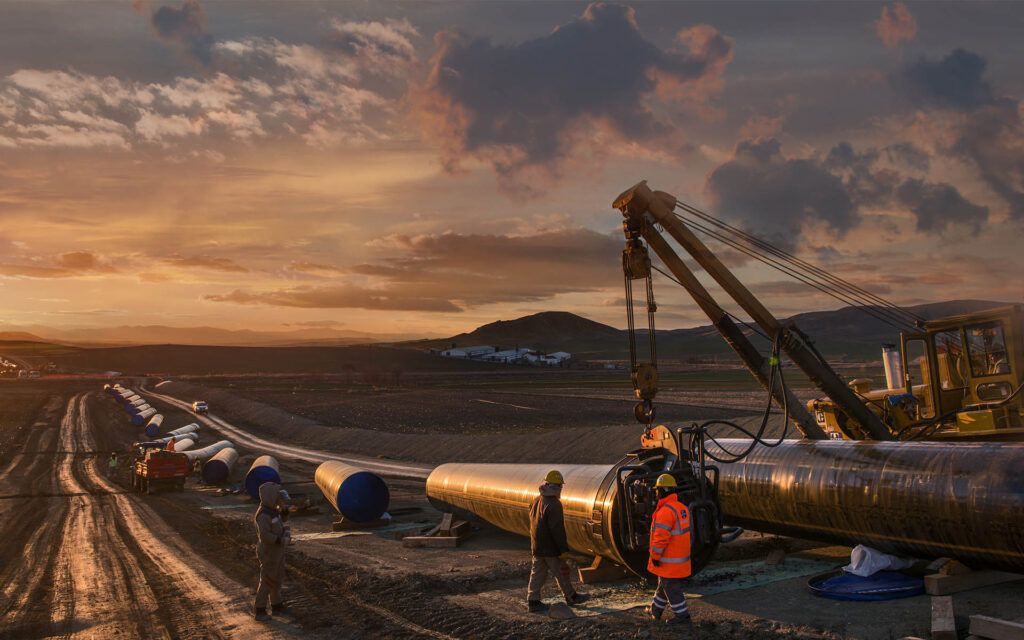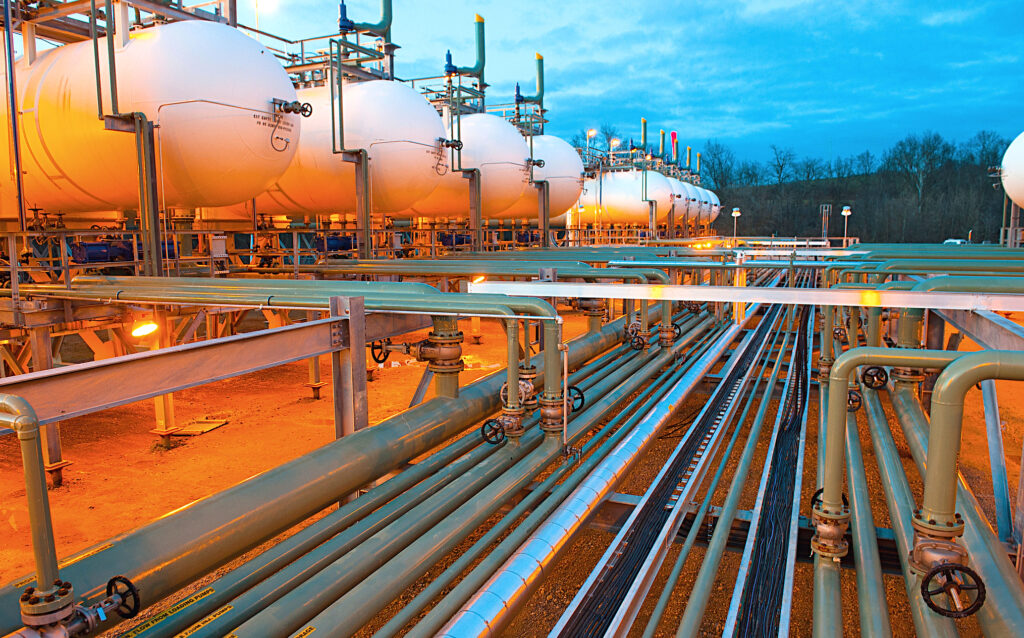Pipeline Transportation
Maatschap Europoort Terminal Pipeline Services
These pipelines primarily transport intermediate feedstocks and crude oil and refined products. Oil pipelines are the least expensive and most environmentally friendly method of moving oil. The pumping stations’ produced pressure difference causes the oil in them to travel at a speed of up to 3 m/s. Depending on the geography of the road, they are erected every 70 to 150 kilometers. The pipes have valves placed at a distance of 10 to 30 kilometers that allow for the blocking of specific sections in the event of an accident. Pipes typically have an interior diameter between 100 and 1400 millimeters. Steels with high plasticity that can endure thermal, mechanical, and chemical impacts are used to make the pipes. Pipelines with reinforcements are becoming more and more common. They have a nearly infinite service life and are not corrosive.
Fuel pipelines transport diesel, gasoline, and jet fuel from the refinery to regional distribution centers. Pipelines that transport crude oil from the wellhead to storage tanks and treatment facilities, where it is measured and tested, make up field gathering systems that collect crude oil. We routinely inspect our pipelines. The majority of our pipelines are generally unconstrained in terms of the types of crude and refined products that we can carry on them, with the possible exception of specific pipeline and terminal agreements. Our pipelines that transport refined products and crude oil are subject to interstate transportation tariff regulation by the Federal Energy Regulatory Commission (FERC), and intrastate transportation tariff regulation by state regulatory organizations.

Pipeline Safety
We continuously invest in the integrity and maintenance of our assets, implementing inspection and repair procedures in compliance with local, state, and federal regulations. Our control center uses satellite communications to oversee our pipeline and terminal assets, and our state-of-the-art computers are always monitoring operational data in real time. The pipeline firms are in charge of ensuring the safety of their operations.
From the project’s initial design phase through construction, maintenance, and operations, the Pipeline and Hazardous Materials Safety Administration oversees and regulates pipeline system activities to guarantee compliance with national and local safety and environmental standards.
Emergency Response
Maintaining safe operations is a top priority for Maatschap Europoort Terminal Partners in the locations where we do business. Our dedication to pipeline safety includes upholding corporate emergency response plans as well as establishing and preserving relationships with local emergency responders and government representatives. Our primary goal is to ensure public safety while promoting a coordinated reaction to security and emergency situations. The pipeline company will set up a command post to act as a central repository for all emergency information. You will receive additional information from the pipeline incident commander. Pipeline operators will do the necessary operational actions, such as turning on and off machinery, shutting and opening valves, and other tasks, to mitigate the impact of the leak.

